NASA: 5G negatively affects the ability to forecast disasters
The global wireless industry is in a sprint for the popularity of 5G - the most advanced wireless connectivity technology in the world today. The era of 5G is getting closer to us than ever. Mankind is currently holding 5G chips, modems and now both potential devices and applications. It can be said that this connection standard will lay the foundation for the next model in the development of the global technology platform, as well as how we control life. The economic and social benefits will allow for a revolutionary level of service, with greater connectivity and superiority. Thus, it can be seen that the benefits of 5G are theoretically not controversial.
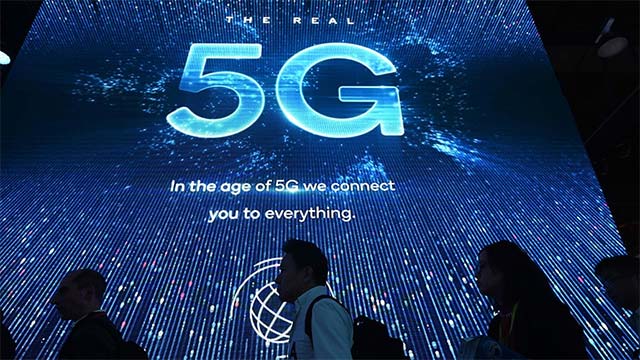
- 5G has started to be deployed in many countries, but does this technology bring health risks to people?
In fact, human life can be seriously threatened when 5G is widely used, and the 'catalyst' here is climate change. This may sound irrelevant but please ask questions, we will find out later on the issue.
The Washington Post and technology news website CNET recently cited an important announcement by the head of NASA's Aeronautics and Space Agency and the US National Oceanic and Atmospheric Administration (NOAA), in which giving an urgent warning about the issue of 5G wave when deployed on a global scale can seriously affect the hydrometeorology field, making the forecasting capacity of humanity return to the period in the 70s and 80s of the last century, in particular, reduced the ability to predict the path of deadly storms and thereby affect the safe evacuation time fund. In addition, the current tropical storms tend to appear more, strong intensity and unpredictable happenings due to the dangerous impacts of climate change.
The main cause here is related to one of the important wireless frequencies for millimeter-wave high-speed 5G networks: the 24GHz band - which is very close to the frequency used by microwave satellites to observe the state of the steam to thereby detect weather changes early (28.5GHz band). And according to NASA experts as well as NOAA, this could be so seriously interfering that delaying the preparation process for extreme weather events.
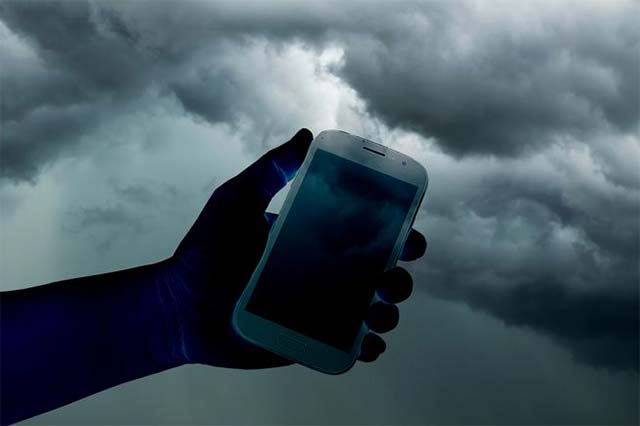
- AI uses tweets to help researchers analyze the flood situation
Last week, the head of NOAA, Dr. Neil Jacobs warned, if the current 5G deployment plan is implemented in accordance with the roadmap, all NOAA satellites will lose about 77% of the data that they currently can collect, thereby significantly reducing forecasting capabilities, up to 30% of the current forecasting capacity.
'Analysis shows that human capacity to forecast the weather in the 1980s is about 30% less than it is now, and the popularity of 5G will pull the meteorology industry back to that time. In other words, the forecast time as well as the monitoring of storms will be about 2 to 3 days slower than the current time, while we all know that the time to evacuate the population before the natural disaster precious to every hour, every minute.
The ability to predict early will be less effective from 2-3 days
If not enough data is needed, meteorologists will not be able to make predictions for the direction and intensity of the storm quickly with high accuracy. A study conducted by European scientists has shown that with data less than 77%, meteorological forecasting models will only be able to predict the direction of the offshore storm, but not the body. determine the exact location as well as when it will land. Besides, according to Dr. Neil Jacobs, NOAA, one of the world's leading agencies in the current hydro-meteorological technology, there is absolutely no other technology to observe the state of steam and make more accurate predictions. Thus other hydrometeorological agencies in the world are also difficult to own technology that surpasses NOAA in this area.
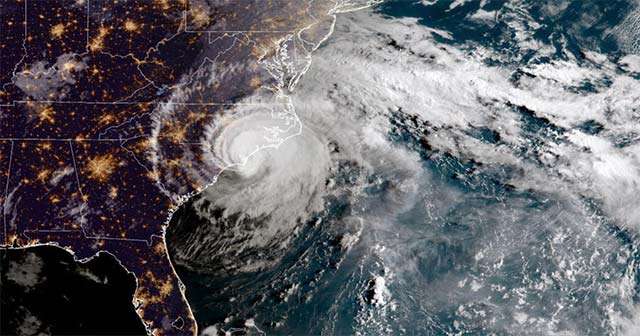
- Viettel uses OPPO Reno to test the connection and make the first 5G call in Vietnam, the data download speed reaches 654 Mb / s
In a related move, Jim Bridenstine, director of the US Aeronautics and Space Agency (NASA), also made a similar comment during a meeting with the US House of Commons Science Committee on April 19. by. 'Electromagnetic spectrum is essential to making predictions about the direction and location of a storm that will land. If this factor is affected by the prevalence of 5G waves, meteorologists will be difficult to make a quick and accurate forecast, seriously affecting the prevention plan as well as evacuating people. from the danger zone and then, the damage will be huge, both physically and humanly. '
In fact, the above comments of the two leading experts on hydrometeorology are not a new issue in the telecommunications industry as well as the US Federal Communications Commission (FCC). There have been many fierce debates on the issue between 5G and the meteorology industry that has erupted in the last few years when this modern connection technology has been proposed to be deployed in a large scale. In fact, recent regulations for 3GPP 5G NR technical standards have required these connection technology providers to add a few additional factors to minimize the impact on Satellite weather services, in particular by reducing the emission level of neighboring 5G signals between 24.25 and 27.5GHz.
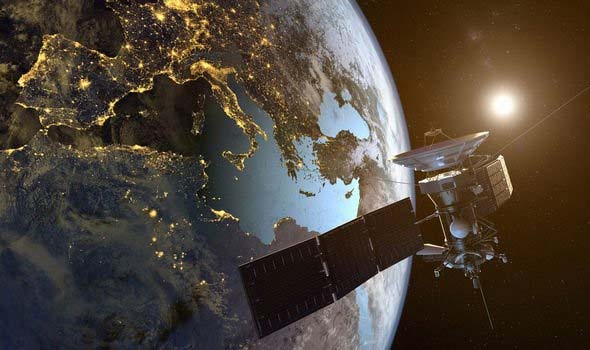
- The 5G era is near, but are security procedures ready?
However, the NOAA said that the current emission requirements are not sufficient and need to be strictly limited. 'I am very optimistic about the prospect of giving a more appropriate solution to this problem. Meanwhile, passive microwave sensors used in meteorology and 5G can coexist without causing any conflict, 'said Dr Jacobs.
5G is still in widespread popularity
According to a report from Space News, US Secretary of Commerce Wilbur Ross and NASA Director Jim Bridenstine once sent a real letter to FCC Chairman Ajit Pai to discuss the meteorological protection measures before the impact of 5G. on February 28 - just a few weeks before the FCC started auctioning the 24GHz spectrum on March 14. However, the FCC head declined to discuss, claiming that there was no thorough basis. Any technique can justify objections. Thus, the FCC has clearly been warned about the problem.
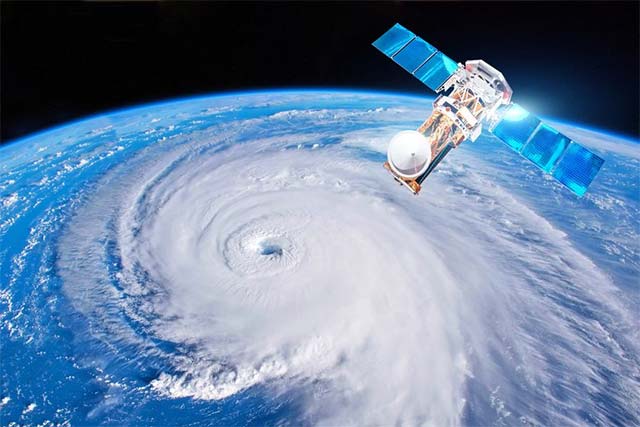
- Asian regional mapping scientists are prone to earthquakes in the hope of mitigating natural disasters
In addition, Senator Ron Wyden (D-OR) and Maria Cantwell (D-WA) also sent letters to Ajit Pai on May 13, stating: 'The FCC continues to try to persevere. declared the plan, continued to ignore the serious alarms that the scientific community is warning, which could lead to dangerous impacts on national security and other industries in the United States, American people, at the same time, create a negative precedent for decisions to deploy 5G regardless of the consequences it causes to meteorology in many other countries around the world. ' The two politicians did not forget to ask the FCC to refuse to grant licenses for 24GHz spectrum to any business, or to allow operators to operate in the 24GHz band until the satellite wave protection mechanisms Meteorology was released and approved by NASA and NOAA at the same time.
At the beginning of the week, US wireless industry association CTIA tried to "ridicule" the above requirements and "accused" Space News of fake news, by announcing a controversial view that The scientific community's claims are based on a 13-year-old weather sensor and have never really been popularly used.
CTIA's point of view was quickly criticized by the scientific community. Including the famous meteorologist Jordan Gerth.
Currently, there has not been any standard research that can confirm whether the opinion CTIA makes is correct. However, CTIA said that the meteorology industry actually used a newer sensor that was less sensitive to noise from 5G, so the idea that 5G could affect the satellite satellite is no longer significant. corpse.
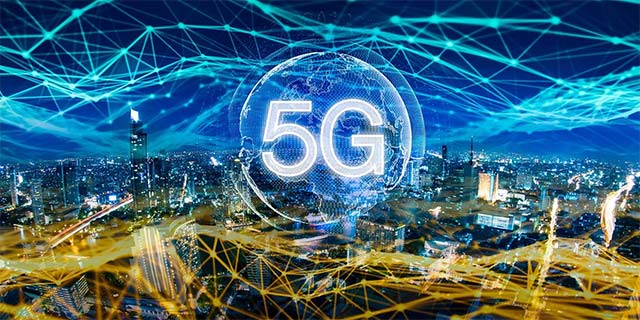
- Post-MWC 2019: 5G has a long and tough road ahead
After all, this will still be a war between two factions: On the one hand are reputable scientific agencies and the other is organizations and businesses that will benefit from launching the 5G network as quickly as possible. good. There will be a lot of things to do in the future, not to exclude stronger intervention from state and government regulators.
You should read it
- ★ Accurate weather forecast applications on the phone
- ★ Download Weather Forecast Pro, the 83,000 VND real-time weather forecast, which is free
- ★ Amazing records of the weather in human history
- ★ Please download WEATHER NOW, the weather forecast application costs 449,000 VND, free of charge
- ★ How to use Today Weather to view weather forecasts